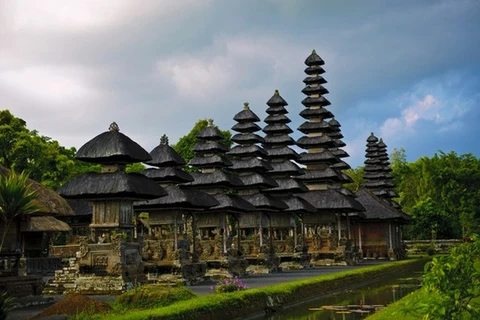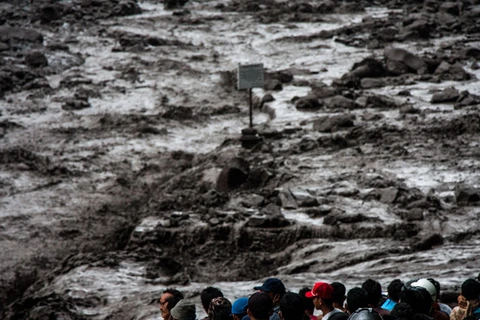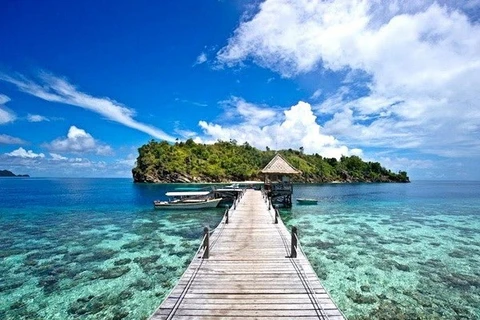Jakarta (VNA) – Indonesia is making efforts to create world-class tourism destinations for vegetarians, according to Minister of Tourism Arief Yahya.
The country has launched large-scale advertising campaigns to attract more foreign tourists with a hope of making tourism the biggest foreign exchange source for the economy, the minister said.
Indonesia is named in the top 20 vegetarian-friendly countries. According to the Global Vegetarian Index issued by the UK-based Oliver’s Travels, it ranked 16th among 183 vegetarian-friendly countries, with 438 vegetarian restaurants.
Arief Yahya said vegetarian tourism sites are mostly based in Belitung archipelago, with organic gardens and favourite vegetarian food.
According to the Ministry of Tourism, there are about 500 million vegetarians worldwide, including 350 million in India and 50 million in China.
The five biggest tourist markets of Indonesia are China, India, Europe, Australia and Singapore, which boast the populous vegetarian communities.
China tops the list, with 2.2 million people visiting Indonesia last year. It was followed by India with 485,000 visitors.-VNA
The country has launched large-scale advertising campaigns to attract more foreign tourists with a hope of making tourism the biggest foreign exchange source for the economy, the minister said.
Indonesia is named in the top 20 vegetarian-friendly countries. According to the Global Vegetarian Index issued by the UK-based Oliver’s Travels, it ranked 16th among 183 vegetarian-friendly countries, with 438 vegetarian restaurants.
Arief Yahya said vegetarian tourism sites are mostly based in Belitung archipelago, with organic gardens and favourite vegetarian food.
According to the Ministry of Tourism, there are about 500 million vegetarians worldwide, including 350 million in India and 50 million in China.
The five biggest tourist markets of Indonesia are China, India, Europe, Australia and Singapore, which boast the populous vegetarian communities.
China tops the list, with 2.2 million people visiting Indonesia last year. It was followed by India with 485,000 visitors.-VNA
VNA
























